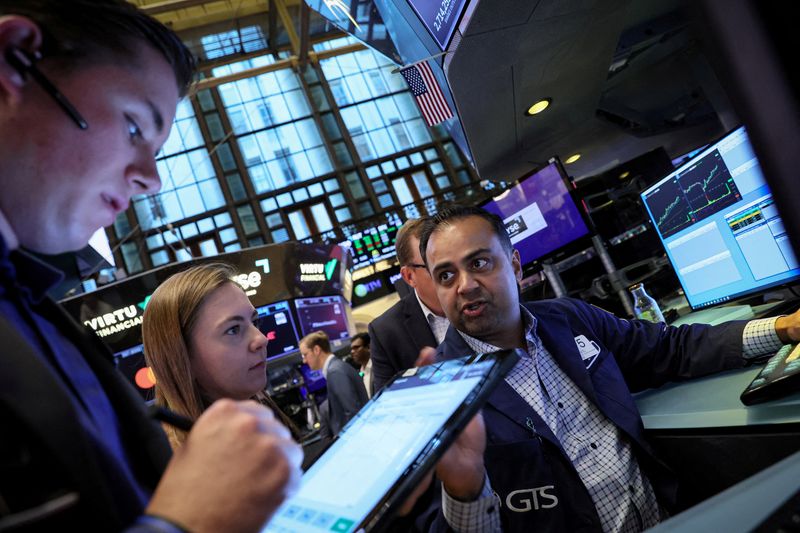Street Calls of the Week
Investing.com -- Uncertainty surrounding the upcoming US presidential election poses a potential risk for markets, TSLombard strategists said in a recent report.
While a positive macro backdrop has eased fears of recession, the election introduces a new layer of unpredictability, owing to the significant divergence in policies between the candidates, Kamala Harris and Donald Trump.
US elections have traditionally been benign for equities, with the market often rallying in the months leading up to and following Election Day. But this time, the stakes are higher due to the “gap in the policies of the two US presidential candidates,” strategists noted.
“Which way Congress goes will matter, too. Possible post-election legal mayhem adds another layer of risk,” they added.
While equities generally recover after elections, there is a notable historical trend that suggests market performance varies based on the party in power.
“When a Democrat candidate has won, stocks were volatile for about six months before taking off strongly. That said, equity performance during Trump’s Presidency was exceptional: S&P 500 gains exceeded 20% within the first year.”
Trump’s economic agenda, which includes reducing corporate taxes and implementing protectionist measures, could spark a market rally if Republicans secure a clean sweep. However, his protectionist stance also raises the specter of higher tariffs, which could weigh on global economic momentum.
On the other hand, Harris’s policies, which lean more toward regulation and social spending, could create a more cautious market environment, especially if Congress remains divided.
“If Congress goes Democrat, Trump’s tax cuts would be harder to implement, leaving investors worrying about the risk of higher tariffs and their possible impact on the economy,” TSLombard’s note continues. “Markets would not like this combination as much.”
The report also highlights that pre-election uncertainty tends to drive volatility, with the VIX typically rising in the months before the election, only to stabilize post-election. But, this year’s elevated uncertainty may lead to more persistent market swings and “warrants a degree of caution,” according to TSLombard strategists.
